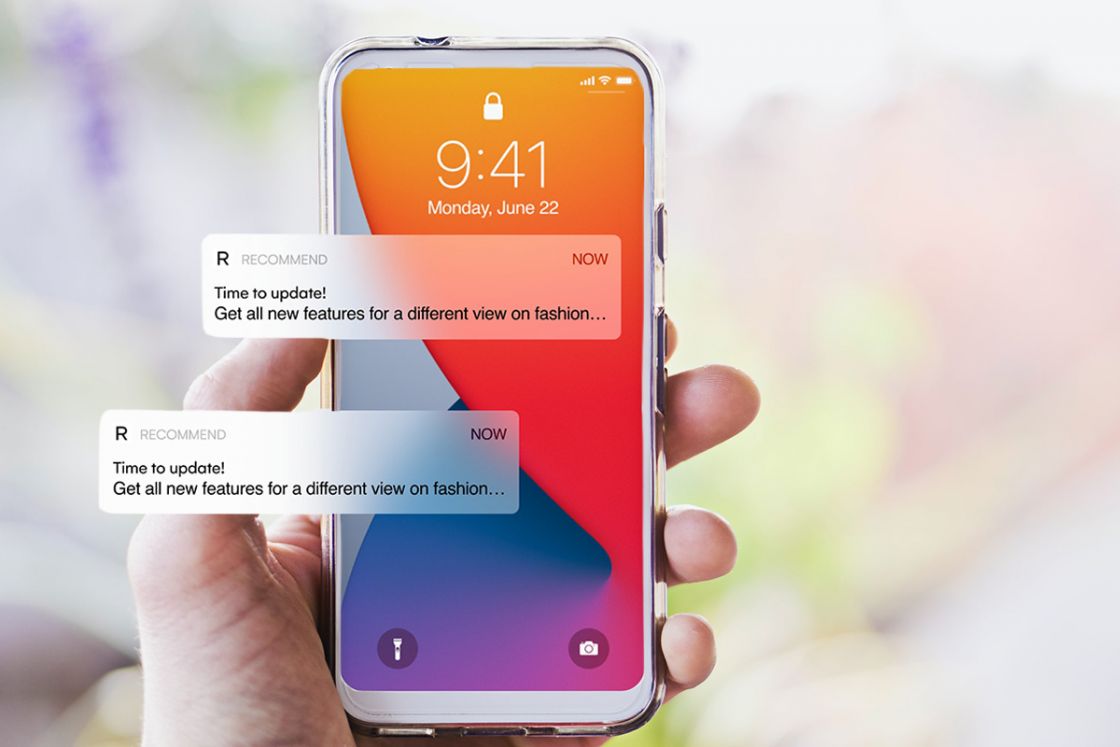What is AWS SES? Our email verification process

With Recommend, you can deliver targeted emails thanks to our smart segmentation. These emails can help you decrease cart abandonment rates; re-engage with old customers, and improve your relationship with current users. Recommend uses AWS (Amazon Web Services) SES (Simple Email Service) to send transactional emails and marketing communications on your behalf.
First of all, the setup process is simple, and it can be done through the platform. After following all the steps, you need to verify your email address. Consequently, a verification email will arrive with a link referring to Amazon SES. Once the address has been verified, the authorisation process is complete.
What’s AWS SES?
Amazon Simple Email Service (Amazon SES) is a cloud-based email sending service designed to send marketing, notification, and transactional emails. Above all, It is a reliable and cost-effective service.
Why do you need to confirm your email address?
Certainly, to be able to use your email address as the “sender” and to deliver all your transactional and marketing communications through Recommend. As a part of GDPR compliance, any merchant needs to verify and confirm the email address in Amazon SES. This way, our platform has your authorisation to use your email address to send communications and notifications –on your behalf– through our platform.
Technical aspects of improving your results
Besides using AWS SES, you can include other tools in your DNS settings to improve the delivery rates. In fact, it can also help with the liability of your transactional emails and marketing communications. These are SPF (Sender Policy Framework), DKIM (Domain-Keys Identified Mail) and DMARC (Domain-based Message Authentication, Reporting and Conformance.
SPF
Sender Policy Framework is an email authentication standard. Certainly, SPF allows the receiving mail server to check that a mail claiming to come from a specific domain is submitted by an IP address authorised by that domain’s administrators.
DKIM
DomainKeys Identified Mail (DKIM) is an email authentication method able to detect forged sender addresses in emails (email spoofing), a technique often used in phishing and email spam. For instance, DKIM allows the receiver to check that an email claimed to have come from a specific domain was indeed authorised by the owner of that domain.
DMARC
DMARC, which stands for “Domain-based Message Authentication, Reporting & Conformance”, is an email authentication, policy, and reporting protocol. It builds on the widely deployed SPF and DKIM protocols, adding linkage to the author (“From”) domain name, published policies for recipient handling of authentication failures, and reporting from receivers to senders, to improve and monitor the protection of the domain from fraudulent email.


